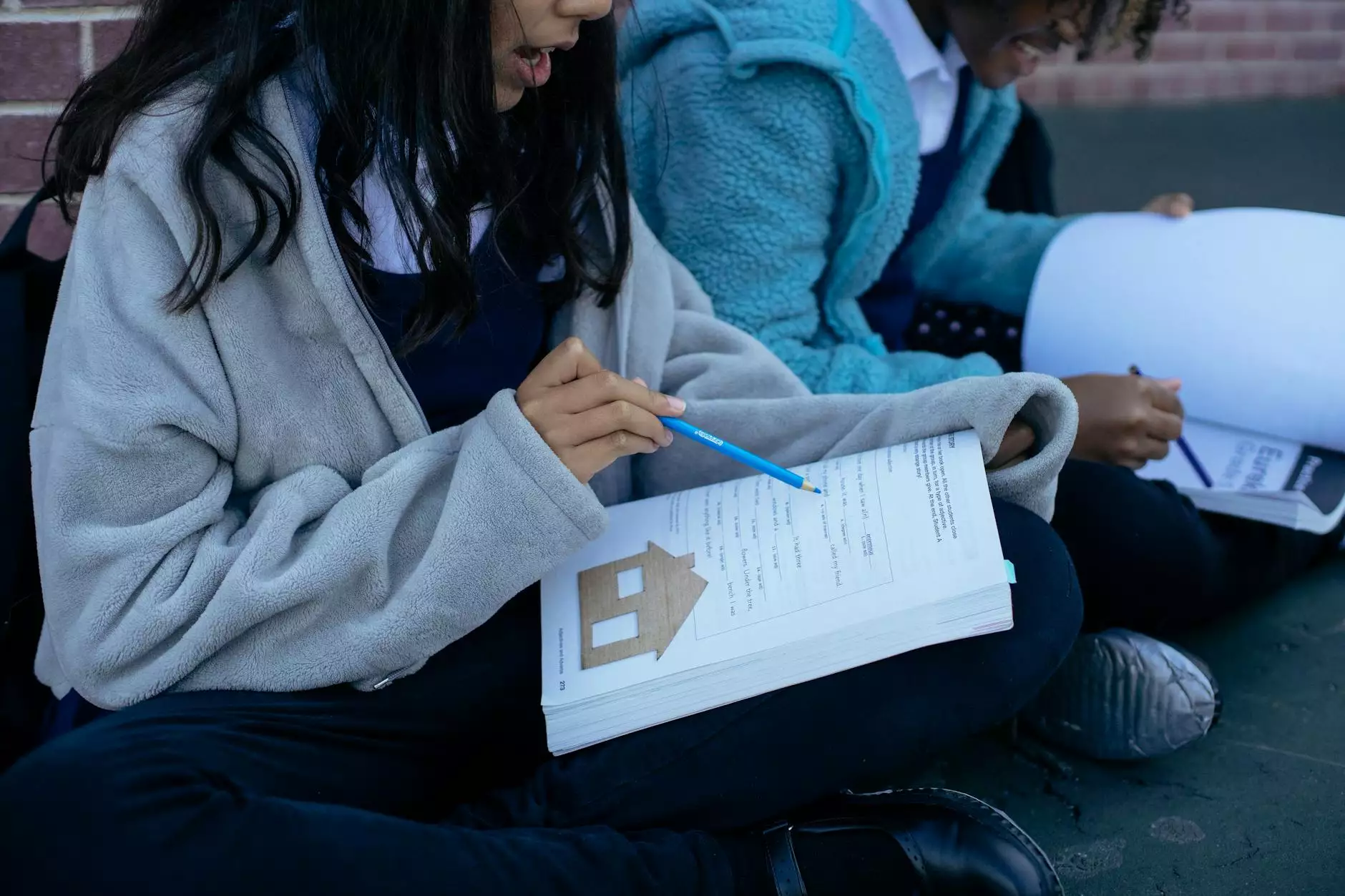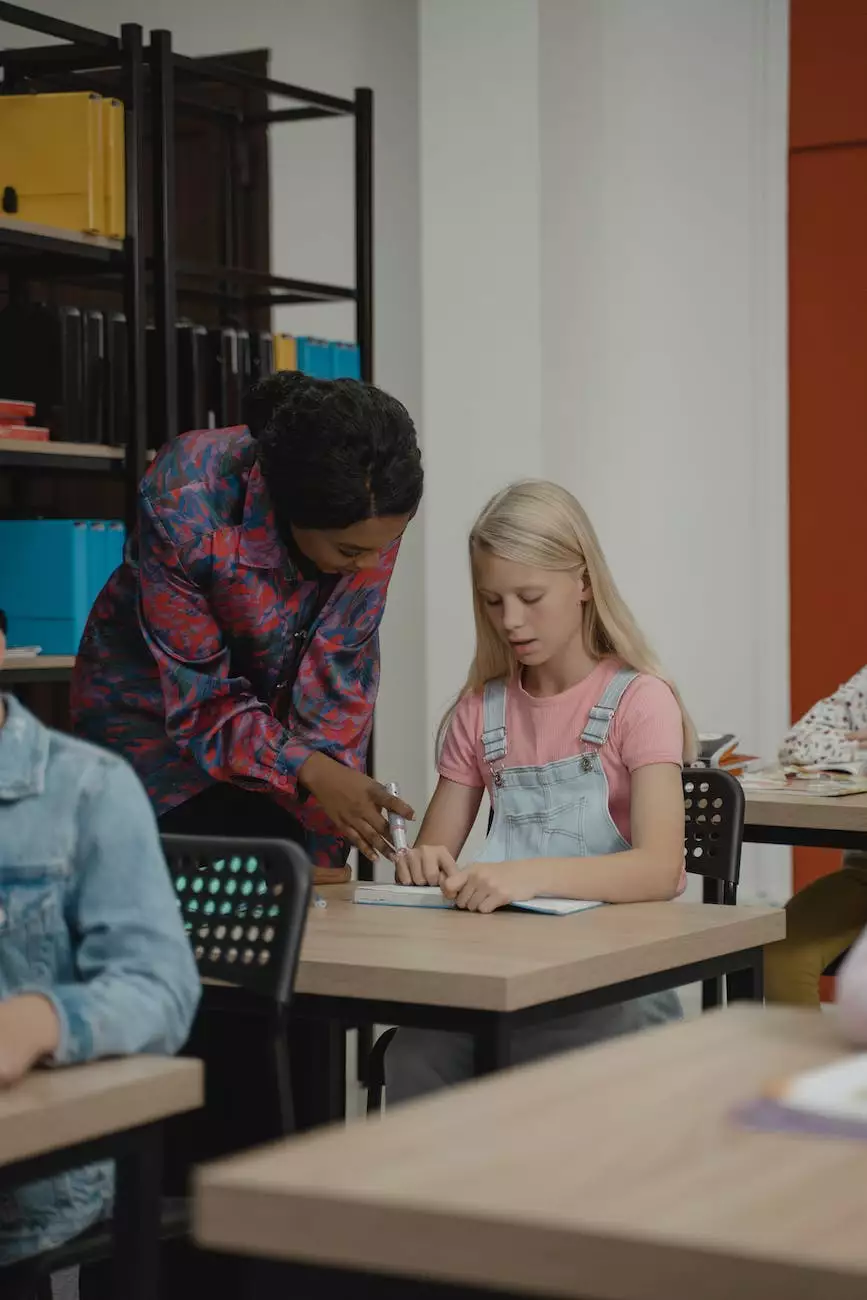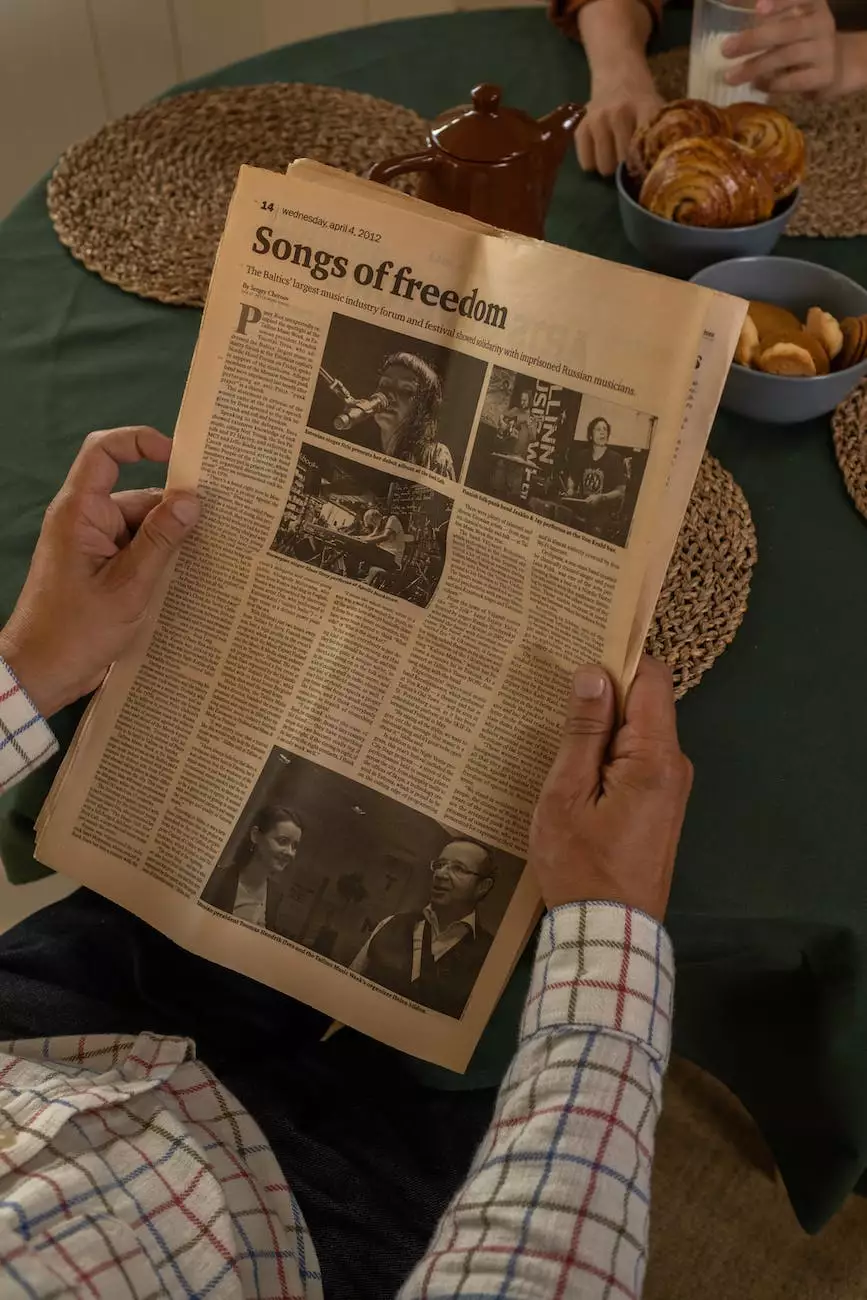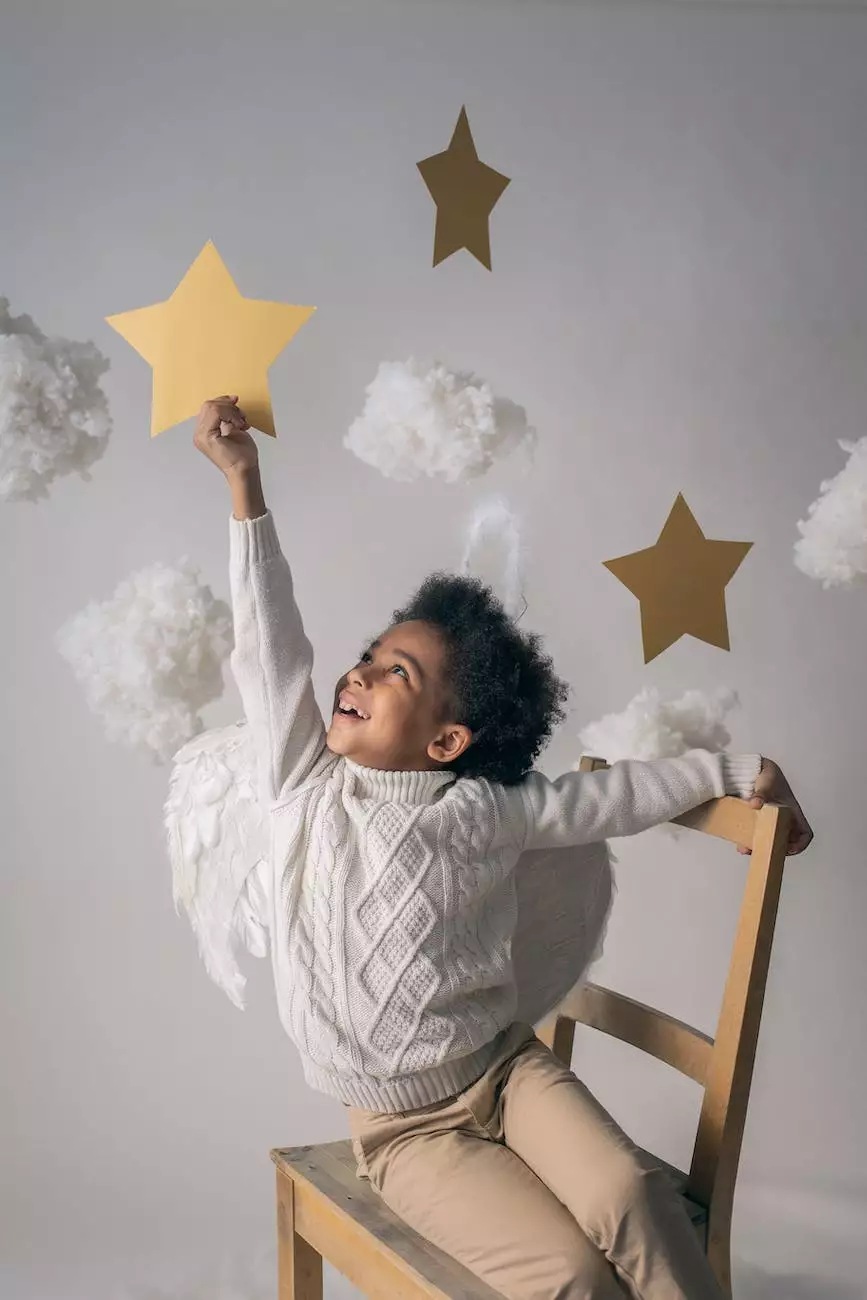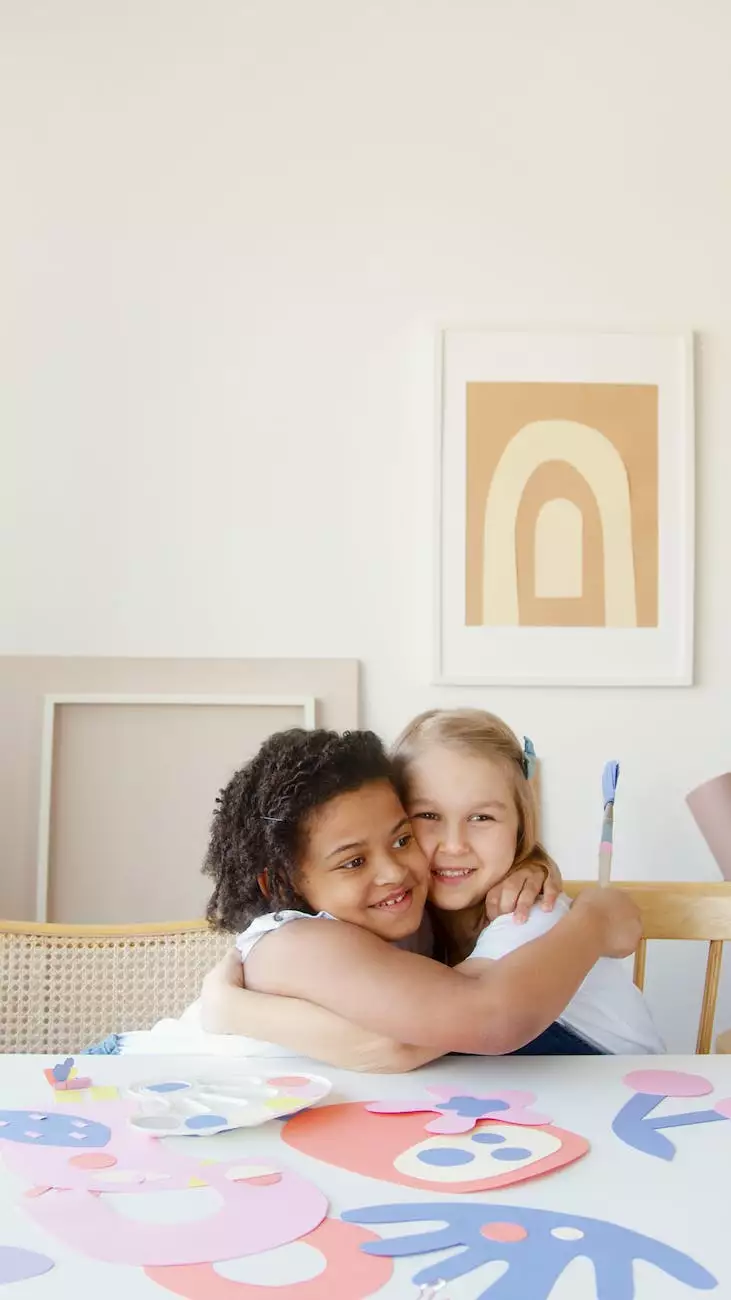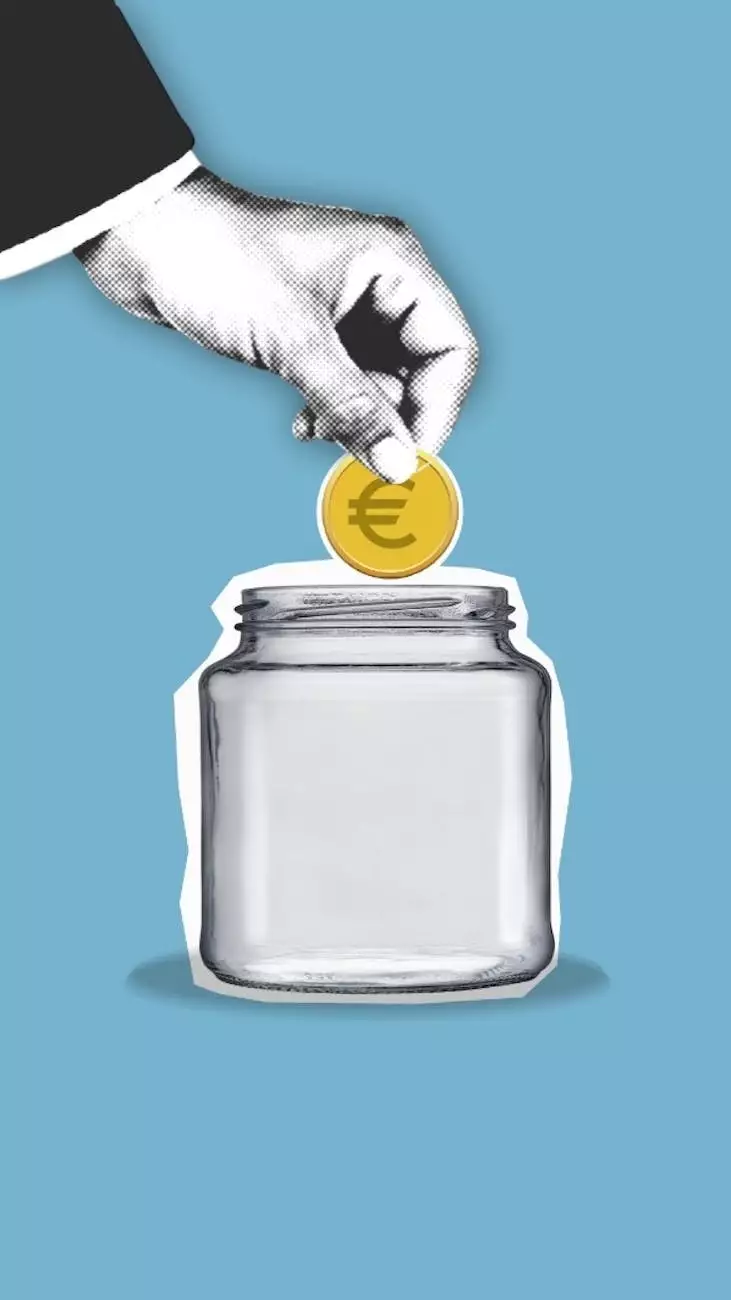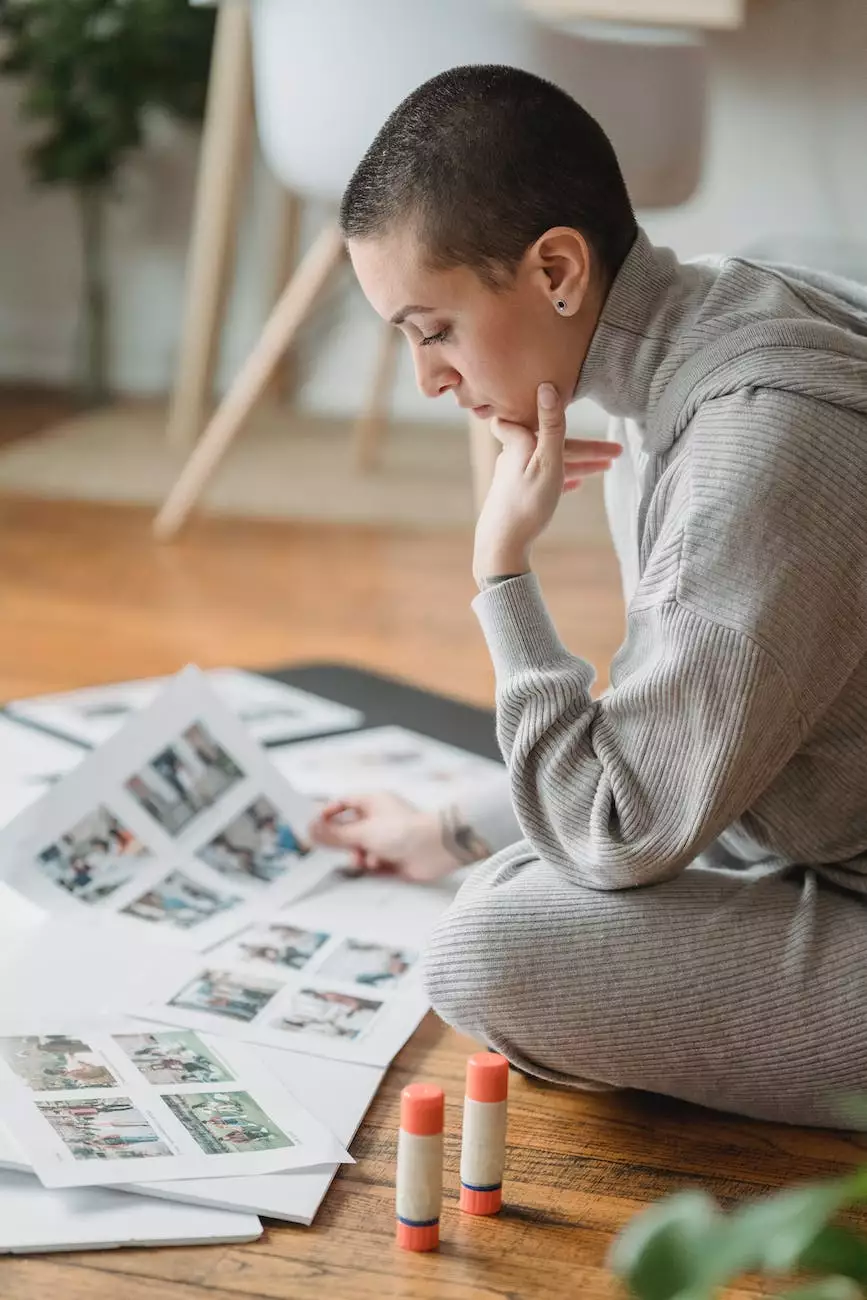446 - 11 Ways to Use Get + the Past Participle
English Grammar Lessons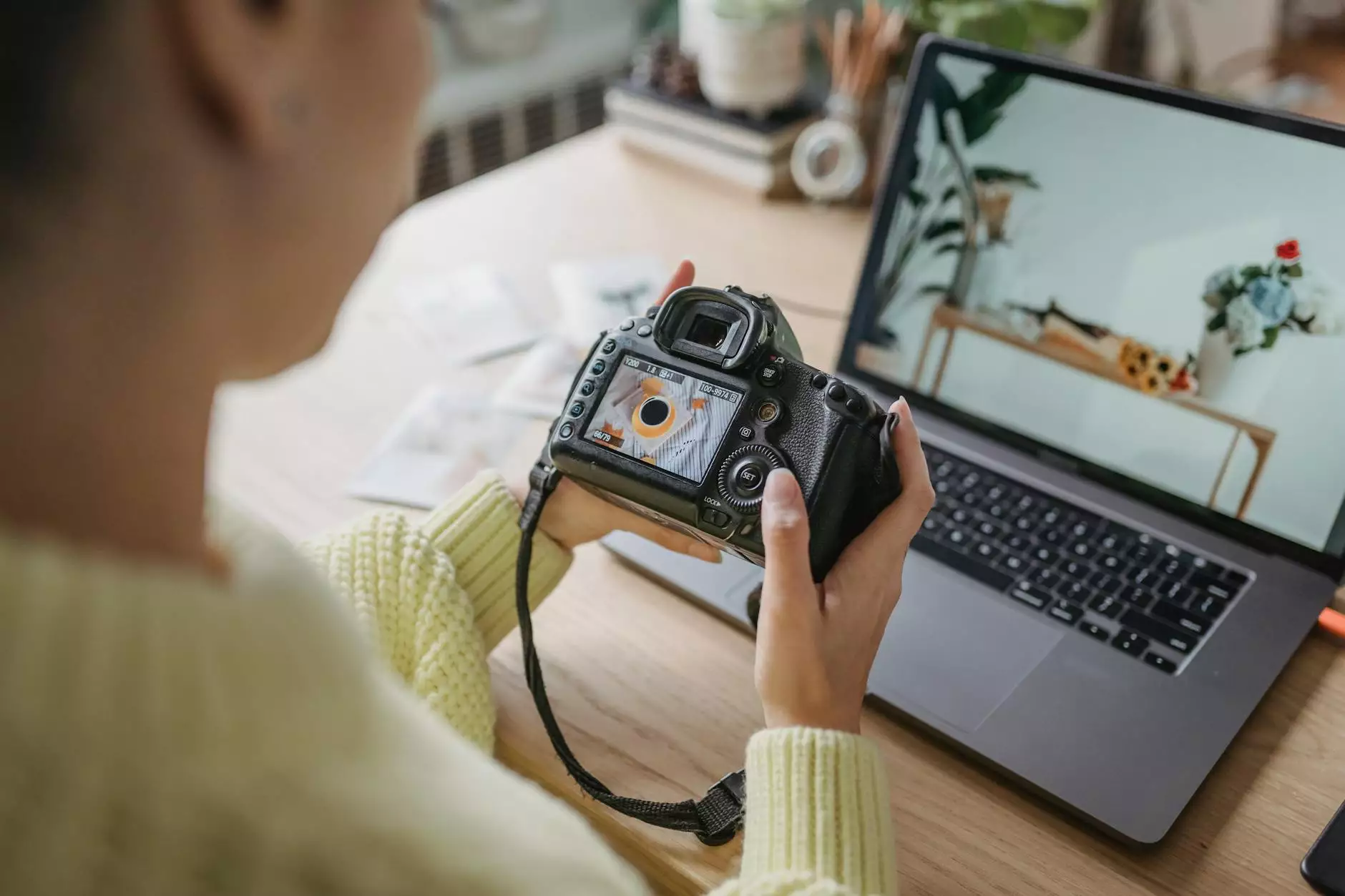
Introduction
Welcome to NJCLT's comprehensive guide on 11 ways to use 'Get' plus the Past Participle in English. This resource will enhance your language skills and provide you with a deeper understanding of this versatile verb form. Whether you're a beginner or an advanced English learner, this guide will equip you with valuable knowledge to express yourself more effectively.
1. Get + Past Participle as Passive
One of the most common uses of 'Get' plus the Past Participle is in constructing the passive voice. By using this structure, the focus shifts from the subject performing the action to the action itself. For example:
- She got rewarded for her hard work.
- They got promoted after years of dedication.
2. Get + Past Participle for Changes in State
'Get' plus the Past Participle is often utilized to describe changes in state or condition. It emphasizes the transformation from one state to another. Consider the following sentences:
- I got diagnosed with a minor illness.
- The weather suddenly got colder, and it started to snow.
3. Get + Past Participle as a Causative Verb
'Get' can also function as a causative verb, implying that someone or something causes an action to happen. This usage highlights the idea of arranging or convincing someone to do something for you. Check out the examples below:
- I got my car repaired by a professional mechanic.
- We got our roof fixed before the rainy season.
4. Get + Past Participle for Obtaining/Receiving
If you want to emphasize acquiring or receiving something, 'Get' combined with the Past Participle is a powerful choice. It adds a sense of achievement or accomplishment to the action. Take a look at these sentences:
- They got their passports renewed at the embassy.
- She got a scholarship to study abroad.
5. Get + Past Participle for Expressing Changes of Clothes
When discussing changing one's clothing, 'Get' with the Past Participle is frequently used. It conveys the act of putting on or taking off clothing items. Here are a few examples:
- He got dressed quickly for the business meeting.
- She got undressed and jumped into the pool.
6. Get + Past Participle for Action Done to One's Hair
'Get' combined with the Past Participle is commonly employed when referring to activities performed on one's hair, such as cutting or styling. It highlights the specific action taken. Consider these sentences:
- She got her hair dyed vibrant red.
- He got his hair trimmed at the local salon.
7. Get + Past Participle for Expressing Repetitive Actions
To express actions that occur repeatedly or continually, 'Get' with the Past Participle can be used. It conveys the idea of ongoing or regular actions. Have a look at these examples:
- I get frustrated when people don't listen.
- They get tired after a long day at work.
8. Get + Past Participle as Part of Idiomatic Expressions
Within idiomatic expressions, 'Get' combined with the Past Participle can take on a unique meaning, often unrelated to its individual components. These expressions are frequently used in informal speech. Here are a couple of examples:
- Let's get something to eat before the movie starts.
- He got cold feet and decided not to go on the roller coaster.
9. Get + Past Participle for Obtaining Services
To indicate the acquisition or availability of services, 'Get' with the Past Participle is a useful construction. It implies accessing or utilizing various professional services. Observe these sentences:
- We got the car serviced at the local garage.
- She got her computer repaired at a reputable tech store.
10. Get + Past Participle in Phrasal Verbs
'Get' combined with the Past Participle can also be found in numerous phrasal verbs, which are multi-word verbs with unique meanings. These phrasal verbs are widely used in English and greatly contribute to fluency. Check out these examples:
- Jack needs to get over his fear of public speaking.
- We got along well with our new neighbors.
11. Get + Past Participle for Indicating Change of Ownership
'Get' combined with the Past Participle is often employed to indicate a change in ownership or possession. It highlights the transfer of an item or responsibility. Consider these sentences:
- I got my phone back after I left it in a taxi.
- They got the house in the divorce settlement.
Conclusion
By understanding the versatility of 'Get' plus the Past Participle, you can significantly expand your English expression and fluency. These 11 ways to use 'Get' in combination with the Past Participle provide you with a comprehensive toolkit to convey various actions, changes, and arrangements. Practice incorporating these structures into your daily conversations to master their usage. Enhance your language skills with NJCLT and embark on a journey towards confident communication.

